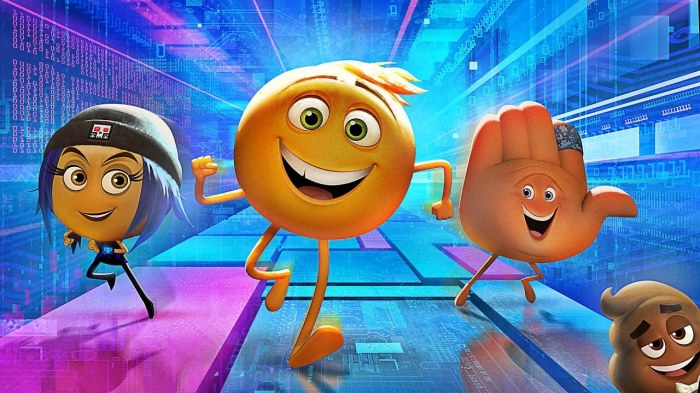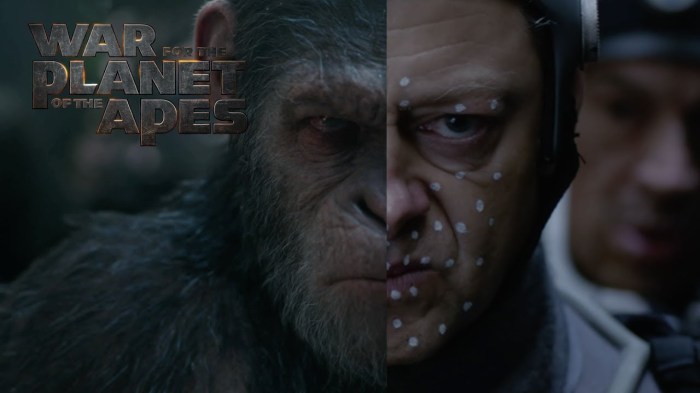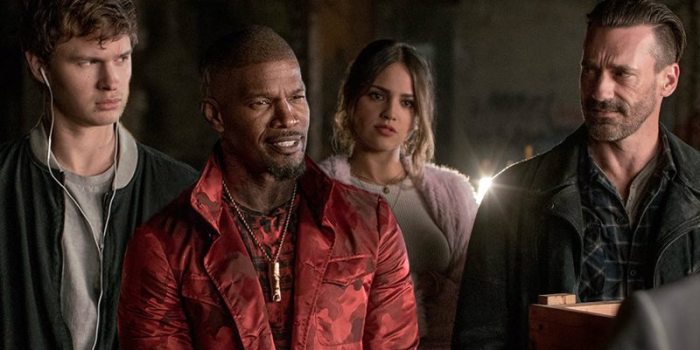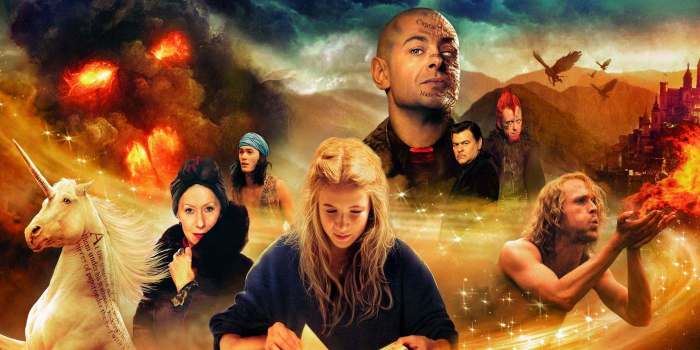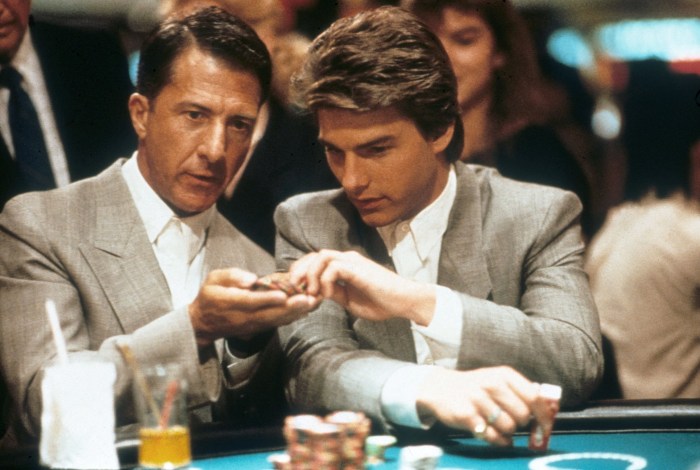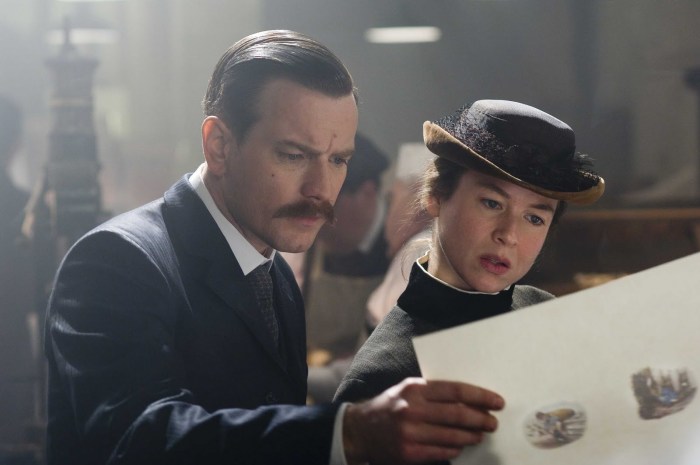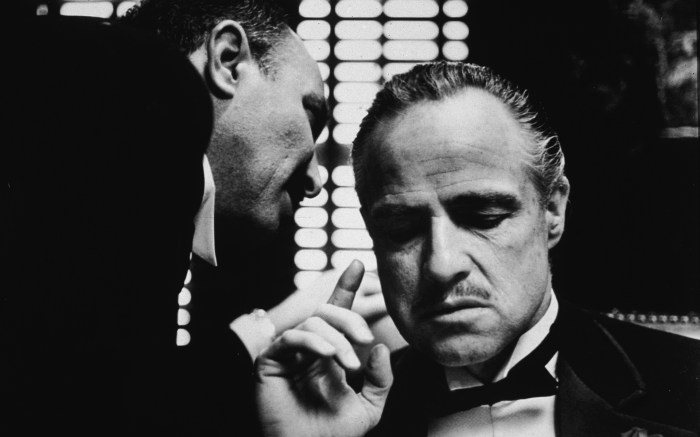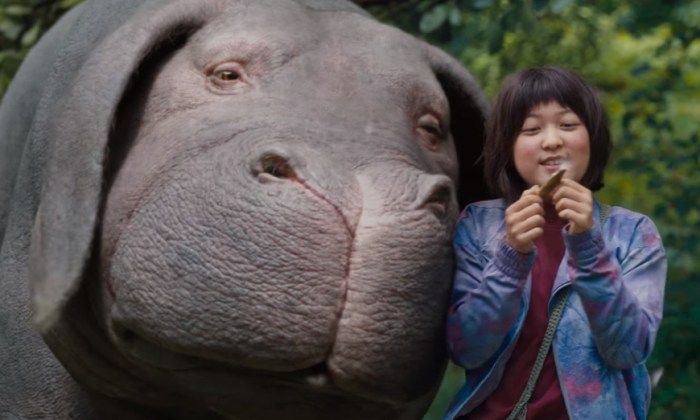
*Spoilers Ahead!
Spider-Man has had it rough. Beyond his parents dying, Uncle Ben dying, getting spider powers, and being an outcast nerd at school, he’s had an abundance of movies that have left a bad taste in audience’s mouths. He’s been separated from his home studio, Marvel, for years. Who is going to save him?
Kevin Feige, head of Marvel Studios, that’s who. Feige has done the impossible, bringing the character home in a joint Marvel and Sony Studio film. It’s not an origin story, and it’s not related to the former Spider-Man movies. It’s got Iron Man/Tony Stark (a surprisingly subdued Robert Downey Jr.) as his mentor figure. It has Hot Aunt May™ (Marisa Tomei). It has a cast of rising young stars as Peter’s classmates. And it has Michael Keaton as Adrian Toomes, aka the Vulture (because you either die a hero or live long enough to see yourself become the villain).
But none of this star power can save the film if it isn’t a return to what made people love Spider-Man to begin with: his relatability and heart.
That’s a lot to put on relative newcomer Tom Holland’s shoulders!
It was an exciting experience watching a superhero film about a teenager, as a teenager. I’m so used to watching ones about brooding, rich, genius thirty/forty year old men that I forgot super powers have no age range. And the filmmakers really do understand what being a teenager feels like. During the whole film, I was thinking things like:
Peter Parking was in the marching band? I was in the marching band! I wonder what he played.
He’s on an academic team? I was on an academic team!
I remember doing those crunches in P.E class too!
Zendaya’s character Michelle is wearing that dress to homecoming? I wore a dress sorta like that to my homecoming!
Aw man, that girl totally reminds me of someone at my school.
Most of the time when Hollywood tries to do modern teenagehood, it plays like a grandpa yelling “get off my lawn” made it. Kids are obnoxiously on their phones, they reference hip, cool things like Beyonce and fidget spinners without context, and are all played by adult-looking adults.
Here, though, it doesn’t play like that at all. There are phones, sure, but not beyond what you actually use a phone for. Most of the kids are likeable, if a little odd and awkward, which I can say from experience is true to form. And they are all played by either teenagers or really young adults! This film has gotten comparisons to classic John Hughes movies. And, while that isn’t an unwarranted comparison, I would say it’s deeper than that.
This year has constantly impressed me with great comic book movies, and the running theme between them is that they take another genre and apply comic book props to those genres. Logan was a western, with the main character having claws that came out of his fists. Lego Batman was an animated parody and spoof movie, reminiscent of films like Airplane! Wonder Woman was a traditional superhero origin story with the quality and atmosphere of golden age Hollywood classics.
Spider-Man: Homecoming joins those ranks by being a coming-of-age story. But it works even better than expected, because the movie understands this about teenagers: everything, and every situation, feels like it is dialed up to an eleven.
So you think meeting your date’s dad is bad. What if he’s the criminal you’ve been fighting?
School competitions are tough. What if you’re also having to save your classmates from certain death?
Everyone has masks they protect themselves with. What if you have an actual mask and secret identity you have to hide?
By using the props and locations of a superhero movie, the drama of Peter Parker’s life is exaggerated and visually demonstrated in a heightened way.
What may have impressed me most about the movie, though, was the third act. Marvel, in general, has bad third acts. I think they have been getting better, but almost all of the comic book movies today struggle between, fight a giant blob of mayhem (ahem, Batman V. Superman, Guardians of the Galaxy Vol. 2) and kill everyone (ahem, Man of Steel).
(stop here if you don’t want spoilers)
But Spider-Man: Homecoming has a third act that is different from all recent superhero movies I can think of. It comes down to just Peter in his pajama suit and Toomes. Toomes, who steals superhero equipment for a living, hijacks an Avenger plane. Peter is able to crash the plane on a secluded beach, but by then Toomes is out to kill. The next few minutes is watching an adult brutalize a child. And it hurts.
Then the scene goes further. Toomes decides to abandon Peter and grabs a box from the plane wreckage. He starts to fly off with it, seemingly successful, but then it explodes. Peter sees Toomes go down, and without hesitation, runs off and saves him. He carries the man to safety on his back through the fiery landscape, ala Return of the King.
After this climax, we find out what happens to Toomes. He’s taken to trial, eventually going to jail. Peter has to face his daughter Liz, and see all the pain brought on her family. It’s not his fault, but it is still painful. This is a villain who is not a mindless robot, a powerful god-like entity, or an alien. He is a man with a family, who thinks he is doing what is right, who will forever suffer the consequences. And he’s played by an intimidating Michael Keaton. Toomes is a return to good villain form, because first and foremost, he isn’t easy to beat.
All throughout this climax and these dramatic scenes, there is not one quip, not a single one-liner, and no indication that we should take this any less than very seriously. The film never winks at itself. Because of that, I felt real emotions.
Recently, I came across a video essay (link below.) The main idea of the essay is about how films use bathos. Bathos is when a film climaxes dramatically, then has a lapse in mood, like telling a joke during an emotional scene. The essay shows an example from Doctor Strange, one of Marvel’s films last year. I liked Doctor Strange, but rethinking the film in terms of how it used bathos made me realize how, while I was entertained during the film, I never felt anything significant during it. Contrasting it to the intense feelings I had during this year’s Logan and Wonder Woman, I realized how insecure the film was in terms to its own emotions. It was afraid to be sincere.
Spider-Man: Homecoming is not afraid to be sincere. It is not afraid to have its protagonist be rendered helpless, then see his reflection in the water and an inspirational voiceover play overhead. Cheesy? Depends. I was greatly moved watching Peter cry out in pain, because I have been there. I’ve been there, and when I feel like screaming out in pain, I don’t feel like following it up with a joke.
What might be even more of a feat is that Homecoming is able to work on two levels. A sincere, stand-alone coming-of-age story on one hand, and a hilariously meta MCU movie on the other. The more you know about the Marvel films, the better the movie becomes. It has an abundance of Easter Eggs. Yet none of them get in the way of the story, which is what makes it stand out from the crowd. You could say that the sincere story level is Peter Parker, and the Easter Egg level is Spider-Man. As much as we all love Spider-Man, it’s Peter Parker that makes him someone worth remembering.
Just Write Video Essay:
https://www.youtube.com/watch?v=w-Q Qo 66o
-Madeleine D
